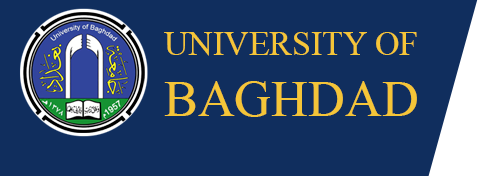A study at the university of Baghdad discusses the effects of intelligent building systems to reduce energy consumption
At the department of civil engineering, college of engineering – university of Baghdad, M.A thesis was discussed entitled “effect of intelligent building system on the cost of the project life cycle” submitted by the student ( Ali Hashim Yas). The importance of this thesis, as reported by the college website, is to find out how to save energy which is one of the important topics in modern times since conventional energy sources have become as a serious threat to humanity, as well as the fact that they are considered limited and disappearing. The study showed that about half of the energy consumed by human beings takes place inside buildings and this shows the tremendous amount of energy that can be provided if the designs of this study are to be adopted to reduce the cost of cooling, heating, air conditioning and lighting in buildings. The goal was to study the buildings where there are multiple systems of high efficiency that are integrated for the purpose of resource management and to maximize technical performance, increase revenue, rationalize operating costs through continuous interaction among the main components of the intelligent buildings such as construction, operations, users and the interrelationships among them. Also the study aimed at keeping abreast with the concept of intelligent buildings and their components and discussing the results of a case study using a program that simulates energy (Ecotect) by making use of (C ++) language that is consisted of two parts (zone 1- zone 2), so as to study the impact of of heating and cooling systems since they are the most important components of any intelligent building, in addition to lighting, shadows and how to control cost. The researcher reached at significant results through which he called for constructing architectural and engineering designs for a building while taking into account the recruitment of information technology and creating criteria for the selection of the appropriate system of intelligent buildings to reduce energy and resource consumption and to examine the economic benefit by improving their components without changing or modifying the structural elements. Many relevant recommendations were suggested including many topics for future researches. The thesis was supervised by assistant professor Dr. Sidqi Ismail Razuki and the discussion committee was consisted of professor Dr. Angham Ezz – Eddin al – Saffar as chairman with the membership of assistant professor Dr. Sawsan Rashid Muhammad and Dr. Hatim Abdul Karim Rashid.

